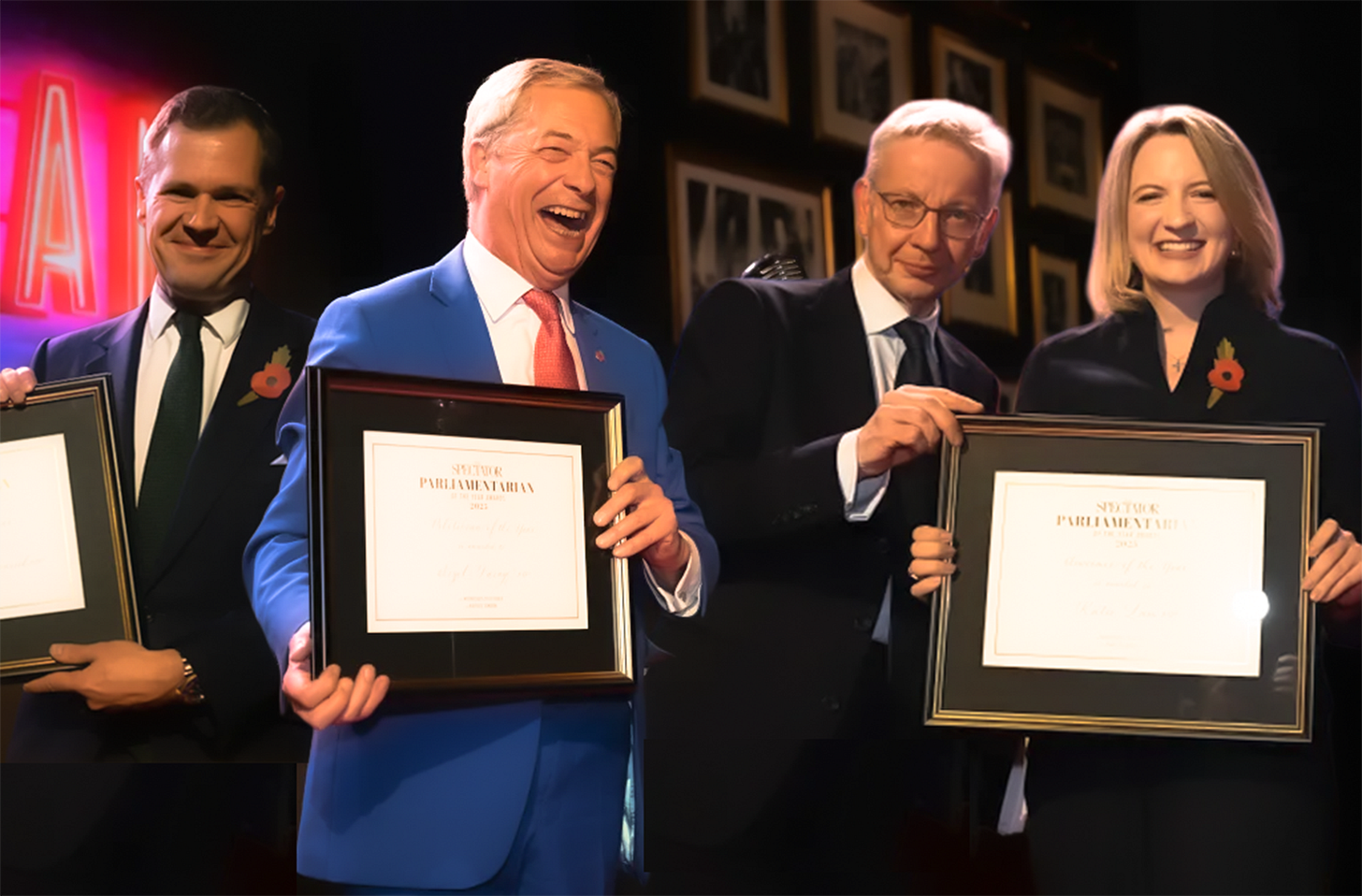The Racism Premium
Far from being a disadvantage, hostility to people from different races and cultures has now become an active requirement for career advancement on the right of British politics
There was a time in the late noughties and early 2010s when holding racist views was seen as a disadvantage in British politics.
Politicians viewed as being openly hostile towards people with different skin colours, religions, or national identities were marginalised as belonging to an earlier, less tolerant era.
Such was this the case that when David Cameron became Conservative Party leader, one of his first priorities was to actively encourage non-white, non-Christian candidates to stand for his party in winnable seats, in a successful attempt to disassociate his party from that era.
Now that is not to say that racism did not continue to exist in British politics. The Windrush scandal, Zac Goldsmith’s dogwhistle 2016 campaign against Sadiq Khan, and Theresa May’s hostile environment policies all showed that racism still remained just under the surface of our politics.
Yet the era of senior mainstream politicians openly engaging in racist ideas and tropes did, for a time at least, come to an end.
In the last two years all of that has changed.
Now, far from being seen as a disadvantage, the expression of coded and even explicitly racist ideas is increasingly becoming not just an advantage, but an actual requirement for advancement on the right of British politics.
Nowhere could this be more clearly seen than during this week’s Spectator Parliamentarian of the Year Awards.
Keep reading with a 7-day free trial
Subscribe to Folded with Adam Bienkov to keep reading this post and get 7 days of free access to the full post archives.



